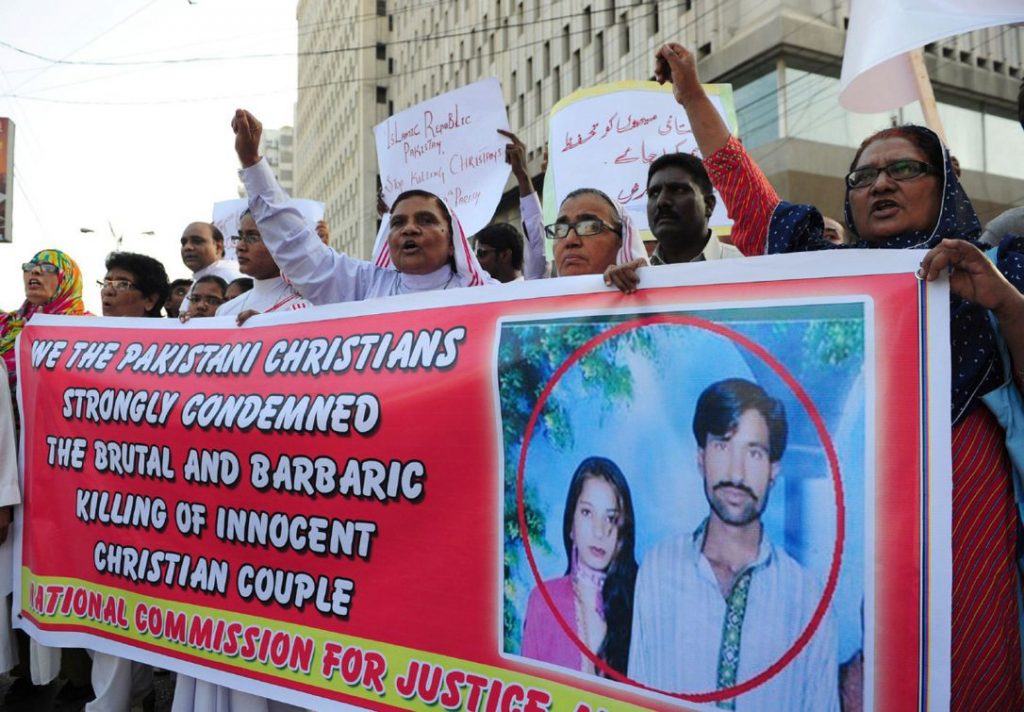Five years after the landmark Supreme Court judgement on the protection of religious minorities’ rights, Pakistan’s minorities are worse off than they were in 2014. This was the concern expressed at a recent conference held by the Human Rights Commission of Pakistan (HRCP) along with other civil society organisations to reiterate the importance of implementing the judgement.

The conference was organised jointly by HRCP along with the Centre for Social Justice (CSJ), the National Commission for Justice and Peace (NCJP), and the Cecil and Iris Chaudhry Foundation, was widely attended by civil society, including lawyers, journalists, human rights activists, and members of diplomatic missions.
HRCP’s honorary spokesperson, Mr I A Rehman, “said that the implementation of the Jillani judgement was ‘not just a matter of concern for minorities alone. It is the concern of all Pakistanis.’ He added, ‘States that do not take good care of their minorities, perish. Yet the state has created an environment in which the media is afraid to discuss the problems faced by religious minorities.’”
Peter Jacob, executive director of CSJ described the judgement as a “key catalyst in building pro-minority jurisprudence in Pakistan and criticised the state’s apparent reluctance to proceed on the judgement’s directives.”
The panel “included jurists, rights activists and representatives of different religious communities, spoke at length about the state’s lack of compliance with the Jillani judgment with respect to job quotas for minorities, the protection of sites of worship and the need to eliminate discriminatory material from school and college curricula. Speakers included Mr Imran Kabeer, a representative of Pakistan’s Kalash community; educationist Dr A. H. Nayyar; Mr Parkash Mahtani, a representative of the Hindu community from Sindh; Dr Adnan Rafique; and Bishop Joseph Arshad. Justice (R) Ali Nawaz Chowhan, chairperson of the National Commission for Human Rights, impressed on participants the state’s historical and constitutional obligation to protect the interests of religious minorities. Justice (R) Nasira Iqbal said it was not just that the Jillani judgement had to be implemented, but that its ‘ethos must be understood and pursued.’ Former Senator Farhatullah Babar pointed out that, following the Jillani judgement, ‘we thought that all the decisions would be in accordance with the jurisprudence,’ adding that this had not been the case. HRCP Secretary-General Harris Khalique noted that there was a need to revisit the ‘concept of equal citizenship in Pakistan’s constitution, so that all citizens enjoyed the same rights irrespective of faith.’”
![]()





